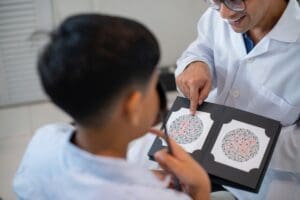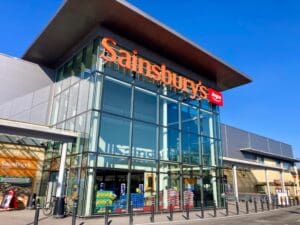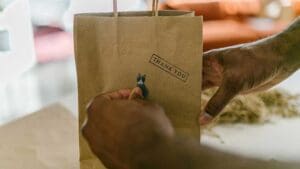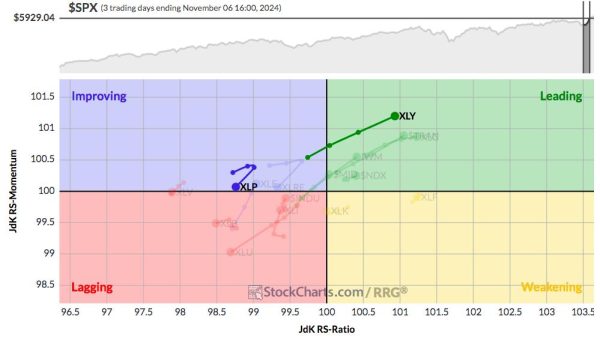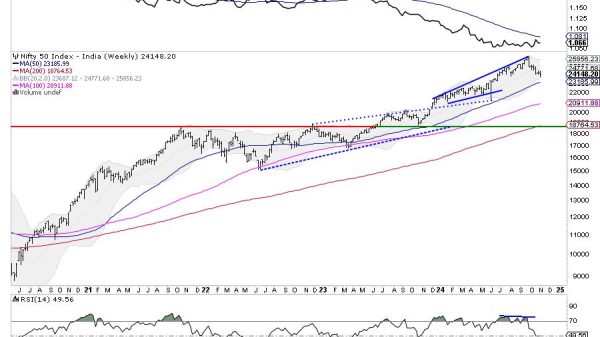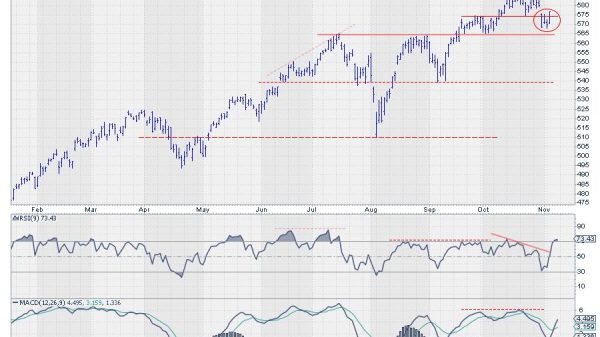As consumers celebrate their first Christmas season without Covid uncertainties or restrictions, new data has found that 2.5 million people have made their way back to shop, dine and drink across London in the run-up to the festive season.
Anonymised, aggregated data captured by O2 Motion – which uses connections to O2 mobile masts to identify trends in crowd movements – was collected from high streets across central London. This covered key shopping areas including Soho, Oxford Circus, Mayfair, and Fitzrovia. It found an increase in shopping and socialising as consumers fall back into familiar festive habits post-Covid.
While 2021 saw a return to restriction-free living, concerns over the Omicron variant of the COVID-19 virus resulted in many Brits opting to stay away from the office and cancelling Christmas parties. However, O2 Motion’s data from November 2022 showed a year-on-year increase of 5% in high street footfall – equivalent to more than 2.5 million visitors across central London.
Much of the increase in footfall was driven during the working week – with an average 10% uptick in visitors between Monday and Friday, suggesting a return to the office for many could be driving a return to in-person shopping and socialising. Tuesdays saw the highest footfall of any day, with an average 14% increase.
Sergio Budkin from Virgin Media O2 Business said “Our O2 motion shows that people are coming back to London in their droves to work, shop and play – not just on weekends, but in the week, too, with Tuesdays recording the busiest footfalls.
“As businesses plan ahead for the New Year and beyond, our insights can help them create strategies to win new customers and deliver the incentives and deals that consumers are looking for.”
Indeed, footfall was particularly high on key days in the festive calendar including the ‘Christmas Light Turn On’ and ‘Black Friday’. This year, for example, Black Friday saw an 11% increase in footfall compared to 2021.
Read more:
Festive season fuels 2.5 million visits to the capital post-Covid

